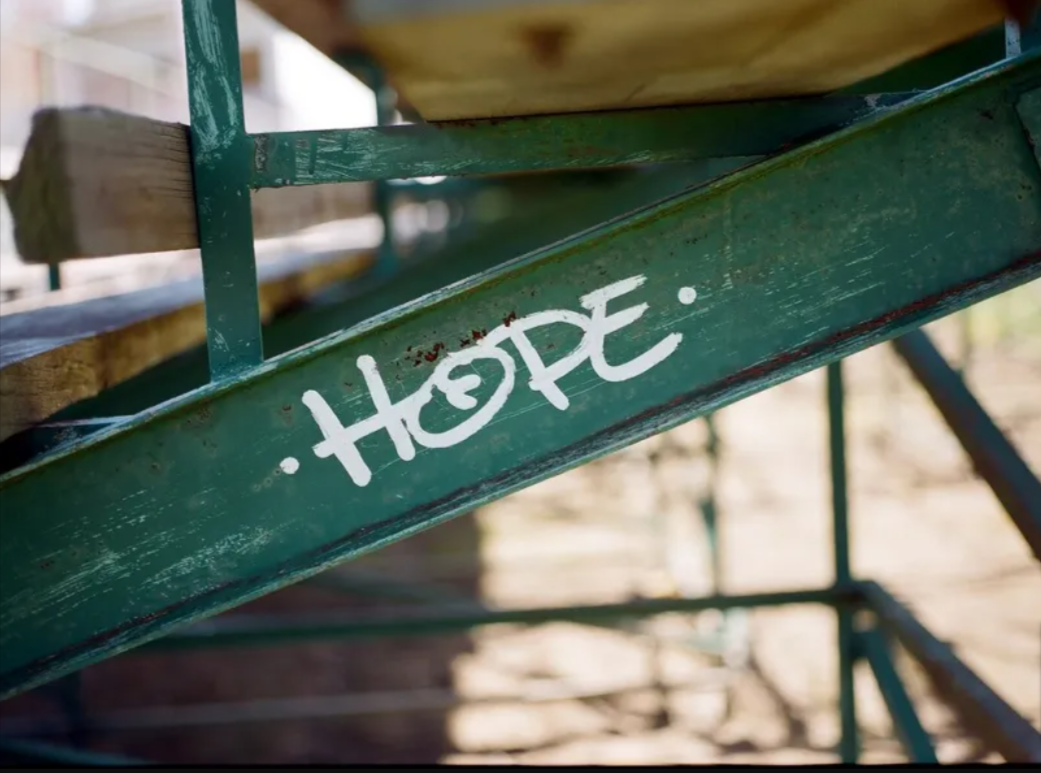Getting started with trauma-informed teaching
This post is intended to be a jumping-off point for those seeking to become more trauma-informed in their education practice. It is not meant to be an exhaustive list of resources, but rather a collection of accessible places to start to get familiar with concepts and strategies.
I would love to add onto this list, especially in some areas of intersection: trauma informed and… (specific populations, identities, and settings). Please be in touch or comment below if you have resources to share!
Start Here
The 12 Core Concepts (National Child Traumatic Stress Network) – this is a fantastic resource to give you the foundations of knowledge you need for working with students who have experienced trauma. This is also a great resource to share with coworkers, parents and other caregivers to start developing some common language and understanding of these concepts.
The Basics: Understandings and Strategies
These posts and videos will help you get a “Trauma 101” understanding of the major background information you need to start with trauma-informed practice.
Four Core Priorities for Trauma-Informed Distance Learning (Mindshift/KQED) – although this talks about the four priorities in distance learning specifically, I developed the framework of the four priorities for educators to use in general class planning and decision-making.
8 Ways to Support Students Who Experience Trauma (Edutopia) – initial strategies for the classroom
Helping Students Who Have Experienced Trauma (Edutopia) – more strategies and some bigger-picture concepts
Understanding Trauma-Informed Education (Edutopia) – breaking down misconceptions about trauma-informed education
Learning Brain vs. Survival Brain (Jacob Ham) – short video describing what’s going on in the brain of a trauma-impacted kid
10 Things About Childhood Trauma Every Teacher Needs To Know (WeAreTeachers) – good overview of some important points about trauma
Child Trauma Toolkit for Educators (from the National Child Traumatic Stress Network) – more comprehensive (while still being succinct and clear) guide around understanding and supporting students who have experienced trauma. Send this one to your principal!
Let’s Start with Heartbreak: The Perilous Potential of Trauma in Literacy (Elizabeth Dutro) – a little bit of a longer read, this piece digs into the challenges and contradictions in how we define trauma and what that means for us as educators.
For higher education: Trauma-Informed Practices for Post-Secondary Education: A Guide (Education Northwest) – succinct and practical!
Big Picture Approaches
While these approaches aren’t specific to students with trauma, they support a school community where trauma-affected youth can thrive.
Restorative Practices (International Institute for Restorative Practices) – when thinking about trauma-informed practice, “discipline” must be reimagined, and restorative practices is a great path forward.
Culturally Responsive Teaching, Anti-Racist Teaching, and Equity – trauma-informed practices need to be grounded in an overall equity approach. Find resources on the Educolor resource guide.
Teacher Self-Care and Wellness
It’s essential that educators take care of themselves while they take care of others. These resources highlight the “why” and the “how.”
When Students Are Traumatized, Teachers Are Too (Edutopia) – information on vicarious trauma and teacher strategies for addressing it.
Wellness: A Guide for Teachers (on this site) – a breakdown of the different aspects of wellness and suggestions for incorporating each
Secondary Traumatic Stress for Educators: Understanding and Mitigating the Effects (Jessica Lander on Mindshift) – overview and resources on secondary traumatic stress in schools
Book: Trauma Stewardship by Laura van Dernoot Lipsky and Connie Burk – fantastic read for anyone who has worked in human services or education.
Background Information/Learn More
Ready to dig deeper? These resources will help you build on your basic knowledge and hopefully provide some avenues for your next steps in learning.
ACE (Adverse Childhood Experiences) Study (CDC) – foundational research on the impact of experiences which may be traumatic. You can also watch this 5-minute explainer video about the ACE study
Beyond ACEs (this site) – now that you know about ACEs, learn about why we need to be careful when using the language of ACEs to talk about trauma
Addressing Race and Trauma in the Classroom (NCTSN) – a guide to the intersection of race and trauma with practical tips for educators
When Schools Cause Trauma (Teaching Tolerance) – an essential perspective on how schools can perpetuate trauma and inequity, and how we might disrupt this
Toxic Stress (Harvard Center on the Developing Child) – simple explainer (with video and visuals) on the concept of toxic stress. For more on the impact of racism as it relates to chronic/toxic stress, see this article in The Atlantic by Melinda D. Anderson
Helping Students with Trauma, Tragedy and Grief (Edutopia) – collection of Edutopia resources on a variety of topics related to trauma.
Fostering Resilient Learners: Strategies for Creating a Trauma-Sensitive Classroom (Kristin Souers and Pete Hall, ASCD) – excellent and easy-to-read book covering the fundamental elements of a trauma-informed classroom.
All Students Must Thrive (Tyrone C. Howard et al) – this is a fantastic text on the various factors that threaten student wellness and how teachers can disrupt inequality and oppression so their students can thrive.
For School Leaders
Resources to guide you as you guide your school.
Trauma and Learning Policy Initiative – download both of the free reports to learn more about whole-school approaches and how to implement a change process toward trauma-informed practices.
Trauma-Informed Teachers Need Trauma-Informed Administrators (this site) – some tips and ideas for school leaders as they consider the social-emotional needs of their teachers.
Mindfulness Won’t Save Us, Fixing the System Will (Christina Torres on ASCD) – a reminder that we need to take a systems-change lens rather than simply provide strategies for students
Image credit:
Steve Snodgrass, flickr Creative Commons

